Gotta go…right now? Even though you just went? Overactive bladder is defined by the International Continence Society as:
“Urinary urgency, usually accompanied by frequency and nocturia [urination at night], with or without urgency urinary incontinence, in the absence of urinary tract infection or other obvious pathology.”
Do you have these symptoms?
If you experience overactive bladder, you understand the anxiety associated with consuming fluids when leaving the house. You may decide to the logical solution is to limit fluid.
You’re not alone. People with overactive bladder symptoms historically limit fluid during the day because of leakage concerns.
The limitations of limiting fluids
There are two issues with this theory:
- our bodies need water for multiple systemic functions
- if you are dehydrated, the urine is concentrated (think dark yellow urine)
Concentrated urine irritates the delicate mucosal lining of the bladder which can further increase:
- urgency
- frequency
- possible urinary tract infections
Urinary tract infections, once cleared, can result in urgency and frequency—and the cycle continues.
Drinking too many fluids
Perhaps you know the benefits of fluid intake and the issues when you don’t get enough.
You drink plenty of water each day but the fear of having an episode of urinary incontinence leads you to consume the most of it when you are home for the evening.
Seems like a good plan, right? You’ll be close to the bathroom.
Nodding off with nocturia
Unfortunately, excessive fluid intake in the evening may result in nocturia, or frequent nighttime urination.
Getting up multiple times at night interrupts the sleep cycle, which cascades into other systemic issues, including emotional well-being.
It’s best to taper off fluid intake 3–4 hours before bed to get the best sleep. But that doesn’t mean you should consume most of your fluids for the day during dinner.
Elevating your feet before bed will help return any fluid that builds up in your lower legs during the day so you can void it out before bed.
How to hydrate
Clinicians advise taking small sips of water throughout the day as to not overload the bladder at once, creating intense urgency.
Additionally, behavioral techniques can be very helpful. You might find it useful to take calming breaths when you feel the first urge to urinate.
Encouraging the parasympathetic nervous system to take over for the fight-or-flight response is a beautiful benefit of breath training. Many yoga breathing techniques are useful:
- dirgha pranayama (three part breath)
- ujjayi pranayama (seashell breath)
- “letting go” breath
Strategies
Want some strategies about how to defer the urge? Check out this blog on suppressing the urge.
Also check out my video about overactive bladder and what you can do about it. In it, I offer:
- the difference in the nervous systems between people with overactive bladder and those without
- using pranayama to decrease the sympathetic nervous system override
- urge deferral techniques
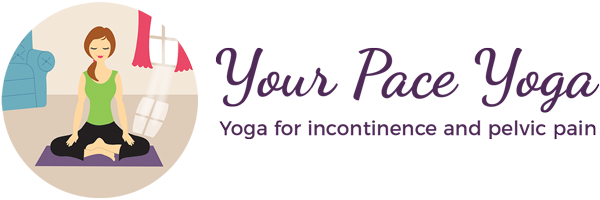
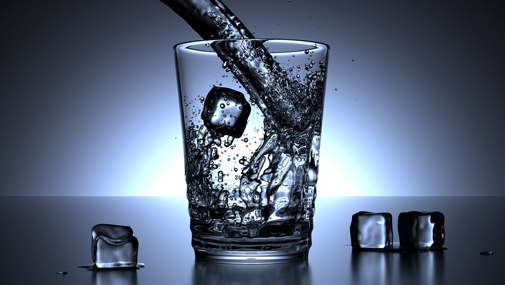
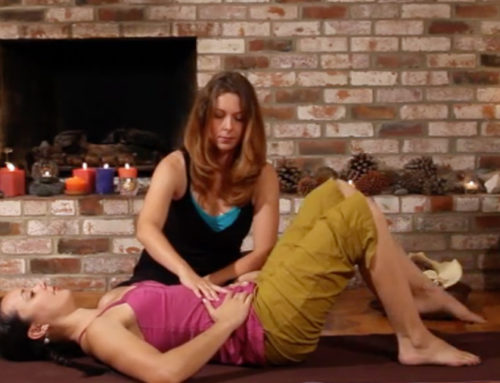
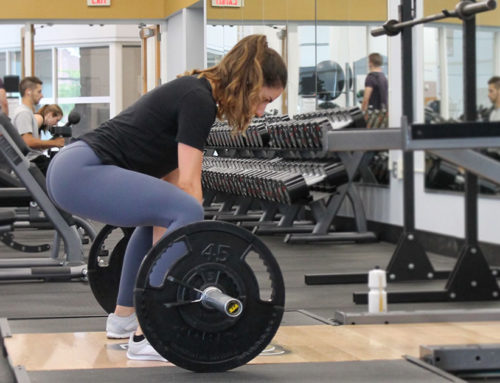
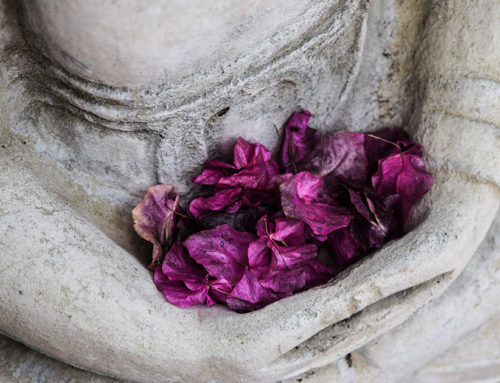
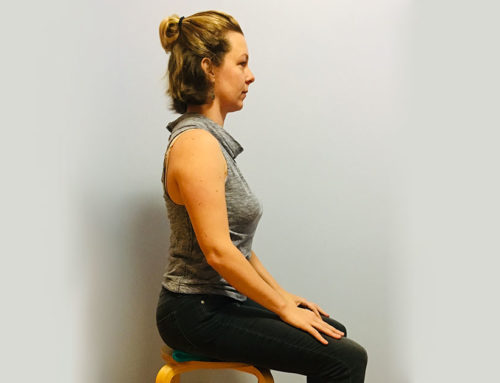
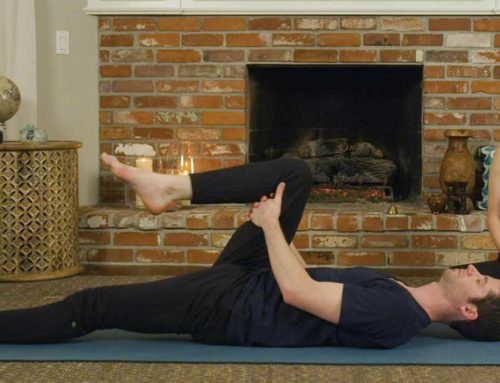
[…] movements are directly impacted by pelvic floor muscle length and function. Besides good water intake and dietary habits to ensure good stool consistency, there are additional strategies in your […]